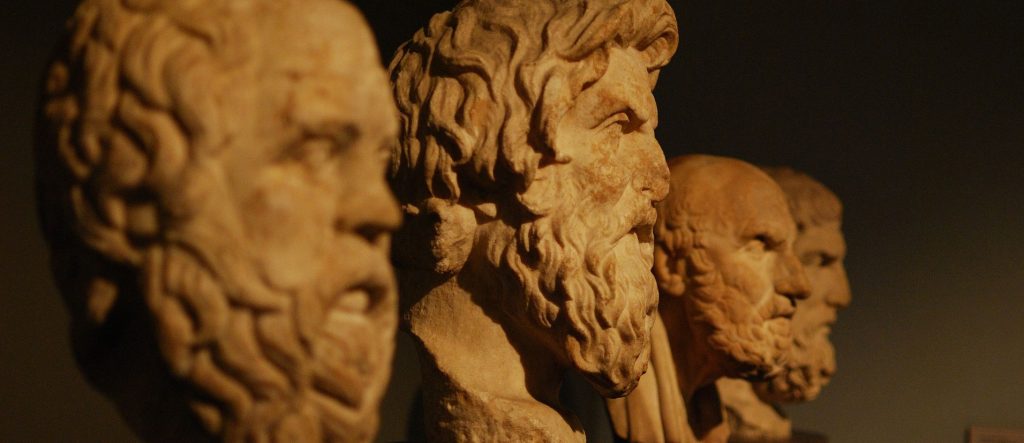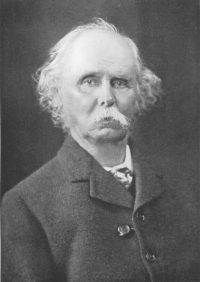
In a March 4 article in the Chronicle of Higher Education, Justin Stover wrote, “The humanities are not just dying—they are almost dead.” He argued that there is no coherent instrumental argument to “save” the humanities. Instead, the humanities simply are, and they are the “heart” of the University. As such, as long as the University exists, so will they.
I agree that the humanities and social sciences are important in and of themselves, but I want to suggest that this reasoning neglects an important instrumental justification for the education we offer: The humanities and social sciences are important as a means to achieving well-being, broadly understood.
What do I mean by broadly understood well-being? For starters, I include material wealth. As George Bailey said in It’s a Wonderful Life, “Well, it [money] comes in real handy down here, bud.” Less facetiously, while we should acknowledge and think about disparities and distributional issues, I hope we also agree to celebrate the huge increase in prosperity that has occurred in the last few centuries. This emergence out of poverty is related to ideas.
 Indeed, the political economist Alfred Marshall maintained that ideas “are the most ‘real’ of the gifts that each generation receives from its predecessors.” He acknowledged a practical reason for this: “The world’s material wealth would quickly be replaced if it were destroyed, but the ideas by which it was made were retained. If however the ideas were lost, but not the material wealth, then that would dwindle and the world would go back to poverty.”
Indeed, the political economist Alfred Marshall maintained that ideas “are the most ‘real’ of the gifts that each generation receives from its predecessors.” He acknowledged a practical reason for this: “The world’s material wealth would quickly be replaced if it were destroyed, but the ideas by which it was made were retained. If however the ideas were lost, but not the material wealth, then that would dwindle and the world would go back to poverty.”
Do previous generations’ ideas make us better off? Consider three examples drawn from what I know best: the history of economics.
Slavery. Today, we understand that slavery is a scourge. However, at one time, slavery was accepted by many and contested by only a few. It took a huge amount of intellectual work to change people’s minds. The humanities were deeply involved in the ensuing campaign to convince the vast majority of Britons that slavery was so deeply wrong that it was worth giving something up in order to end slavery in the Empire. (Of course, there were other wrong things about the Empire that lasted longer.) Moral philosophers and political economists, including John Stuart Mill, were part of this campaign.
Married women owning property outside of marriage. Again, it took a great deal of work to convince legislators and those who influenced them that, were women not allowed to own property outside of marriage, women would have no way to exit a marriage either with or even without their children and survive. Again, John Stuart Mill was a major force in the debate, for which he paid a steep personal and professional price.
Trade. Trade and specialization have long been recognized to make us better off. Indeed, Adam Smith’s second major book, The Wealth of Nations, is, in some sense, an extended argument to this effect. Many people now accept that voluntary trade makes both parties better off.
Recently, the question of whether trade benefits both parties has re-emerged, and tariff policy is again in the news. I agree with J. S. Mill, who wrote that if we stop discussing an idea, we come to understand it less fully; and then bad ideas — such as tariffs — may come back into play.
This is a major reason for the enduring importance of the humanities in today’s University. At the Jepson School, we constantly emphasize that students must understand the ideas of the past in order better to understand leadership in the present.

Comments are closed.